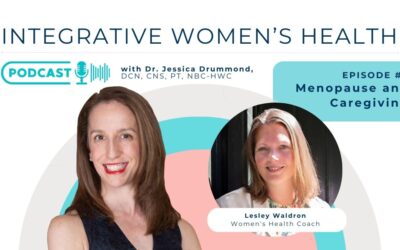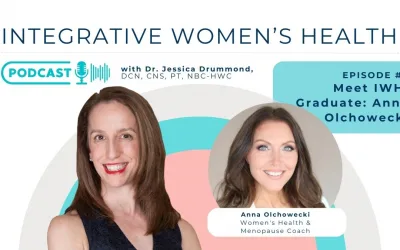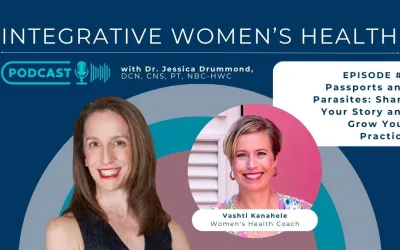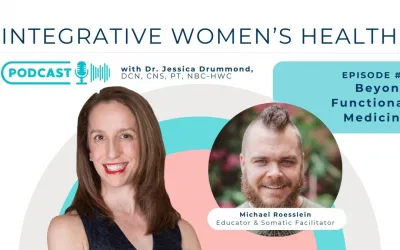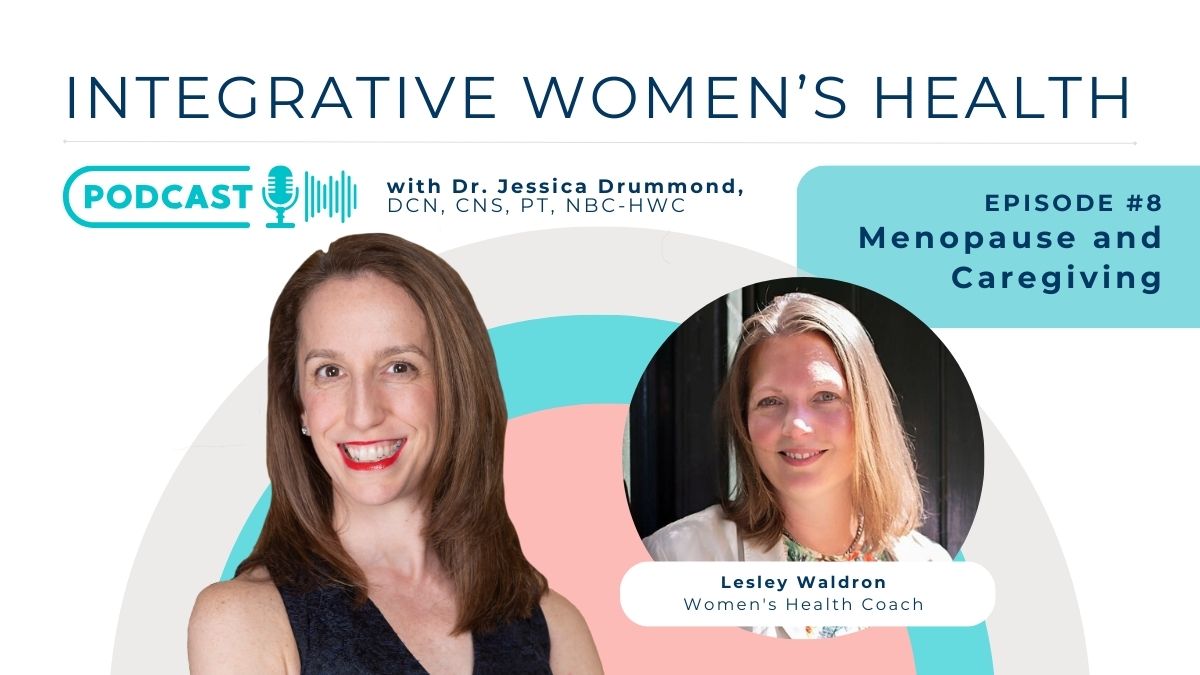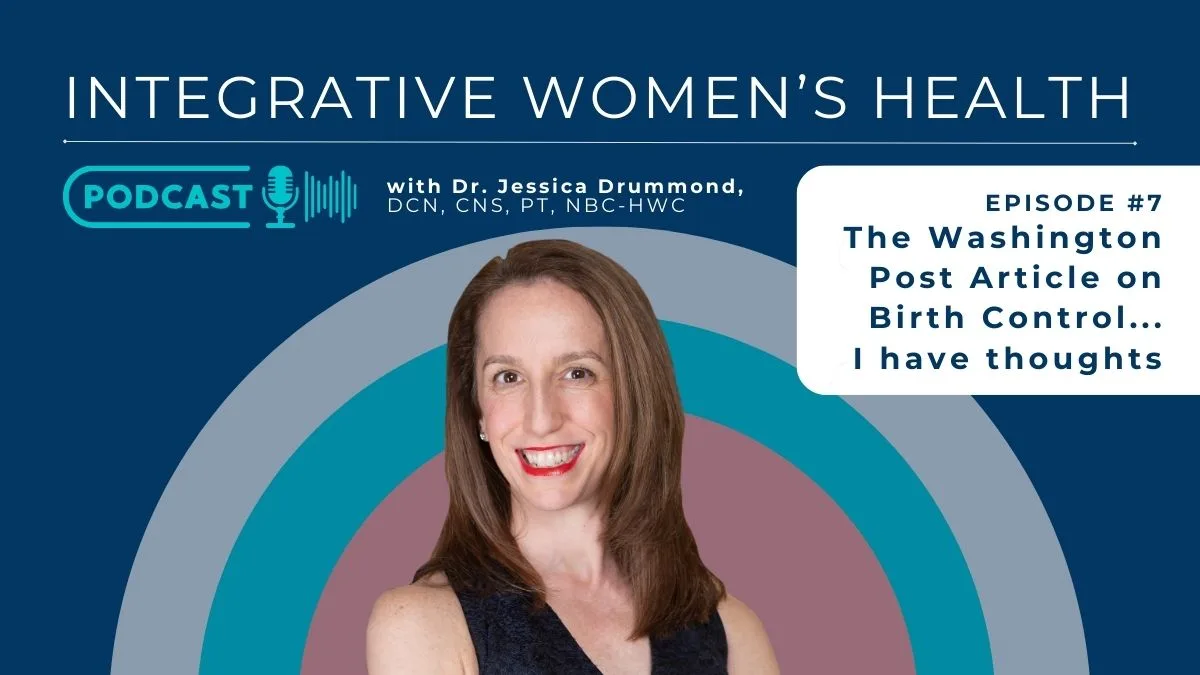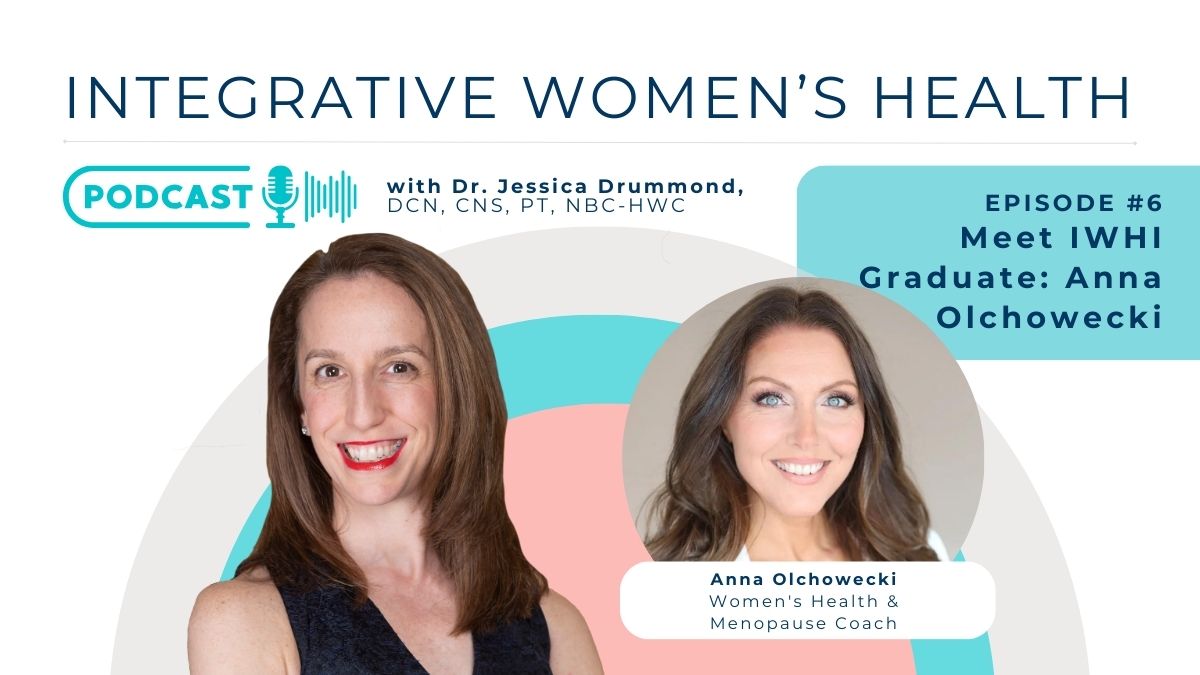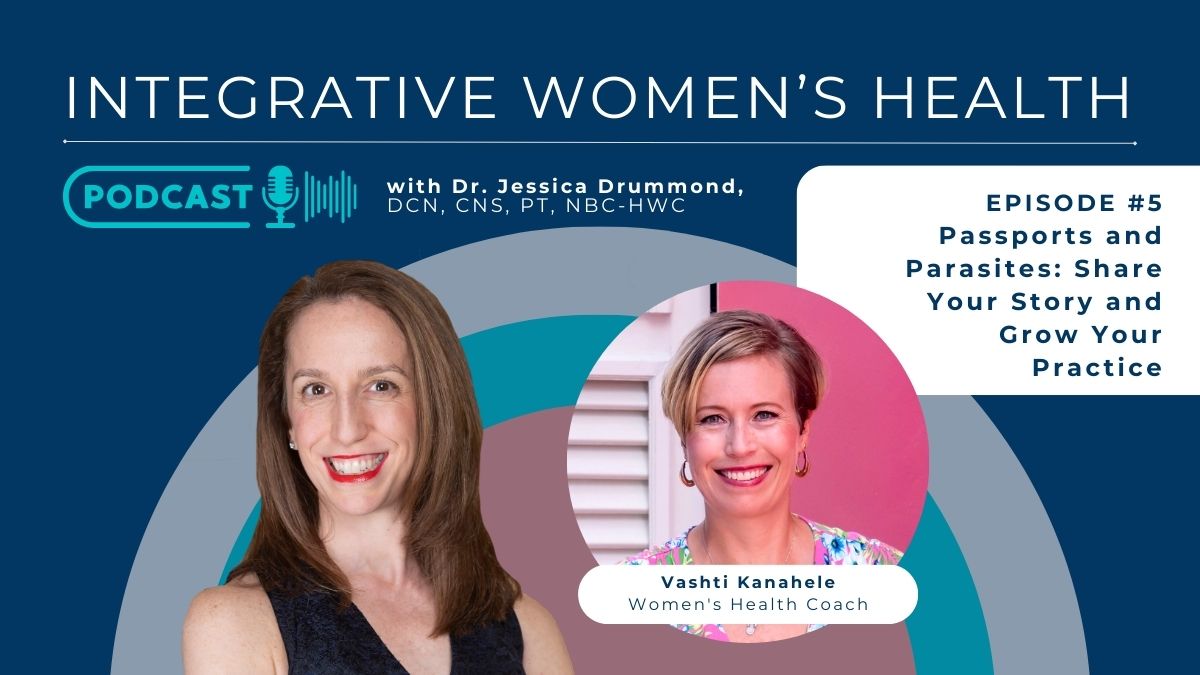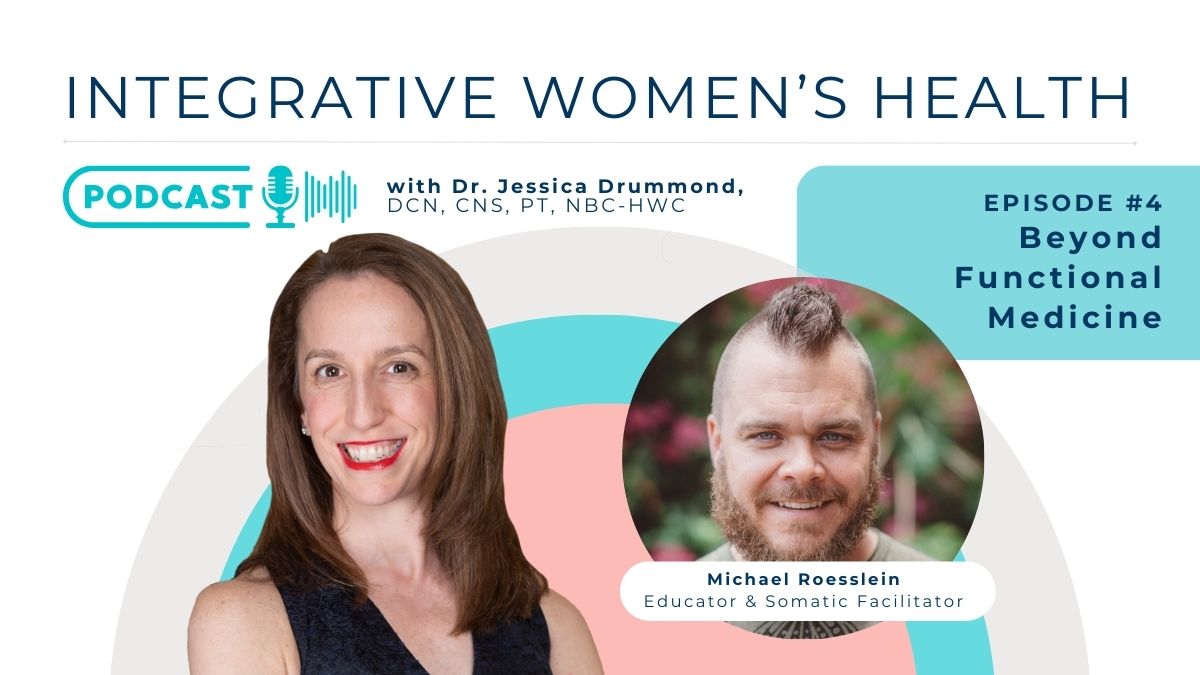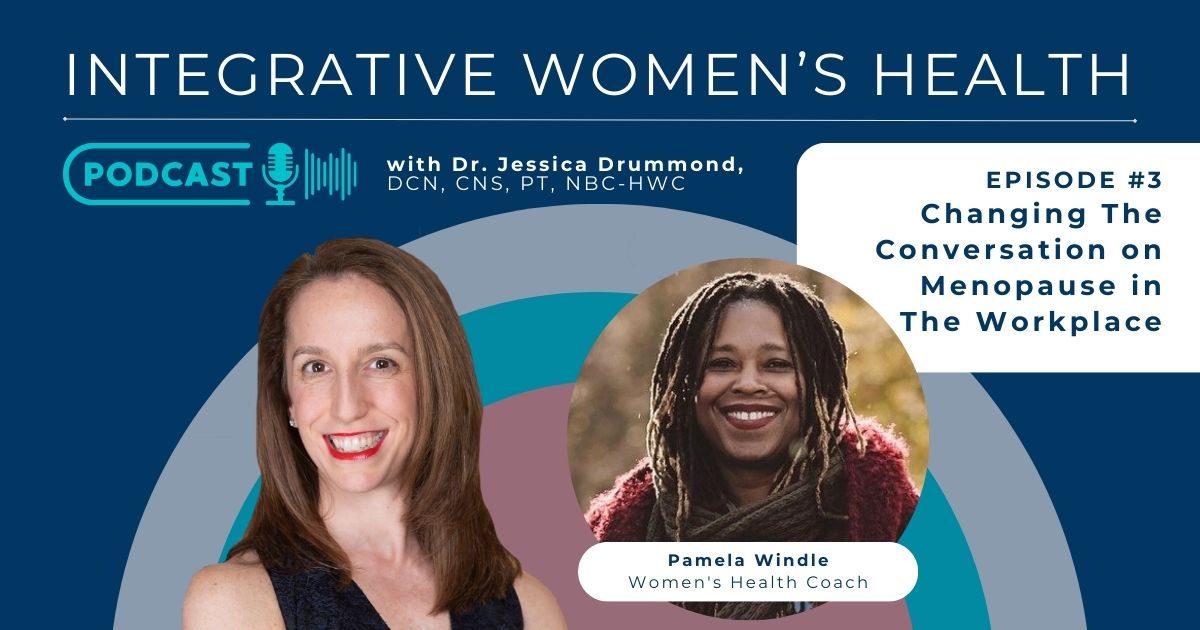What is PCOS?
Polycystic Ovary Syndrome (PCOS) is a common endocrine disorder affecting between 5% and 13% of women, depending on ethnicity and criteria used for diagnosis (Ding et al., 2017). African-American and Afro-Brazilian women experience the highest rates of PCOS; Chinese and Caucasian women experience the lowest rates.
PCOS Diagnostic Criteria
The most updated criteria for diagnosis was made by the Androgen Excess Society in 2006. The diagnostic criteria requires that the woman have hyperandrogenism, plus oligomenorrhea and/or polycystic ovaries.
Symptoms of PCOS
The symptoms of PCOS vary in each individual woman, but can include:
- Irregular and/ or heavy cycles and/or PMS
- Acne (often improved by taking oral contraceptives)
- Hirsutism (ask your client if she has had laser hair removal)
- Lack of ovulation
- Acanthosis nigricans
- Weight gain
- Infertility or recurrent pregnancy loss (can’t conceive or maintain pregnancy – because progesterone levels are not maintained)
Reversing PCOS with Nutrition and Lifestyle Medicine
In my practice, I commonly work with teen girls and women who struggle with PCOS. Fortunately, the symptoms of PCOS can be reversed with lifestyle medicine and good nutrition, often avoiding the need for any medication – including hormonal birth control.
I am very resistant to the use of hormonal birth control in teens to “treat” PCOS because of the increased suicide risk of teens on hormonal birth control (Skovlund, et al., 2018).
The Systematic Approach to Optimizing Endocrine Health in Women and Teen Girls with PCOS
- Eliminate (or at least significantly reduce) sugar, sweeteners, alcohol, and caffeine.
Focus on supporting your client to eat a nourishing whole foods diet. I always place my attention on what TO eat. I love sharing delicious and nourishing recipes with my clients who are sugar addicted. It can take some time to retrain the taste buds to eliminate the sugar cravings. In the short term, sugar cravings can be reduced by using skilled amino acid therapy.
Each meal should contain high-quality protein. Most women with PCOS benefit from eating at least some animal protein, such as wild fish, grass-fed beef, organic poultry, and/or pastured eggs. I recommend at least 30-35% healthy fats in the diet, daily, especially for women who are active.
Healthy fats include olive oil, avocado, wild salmon, and walnuts. And, for women with PCOS, eating a diet where most of the carbohydrates come from vegetables is ideal. Some women can tolerate small-to-moderate amounts of whole grains and low glycemic fruits, which can be very high in important nutrients such as B vitamins and antioxidants.
- Add 8-10 servings of vegetables daily.
If your client with PCOS is going to change just one thing about her nutrition, start with adding more vegetables. If her digestion is not ideal (she has heartburn, bloating, diarrhea or constipation), start with cooked vegetables and blended soups.
- Be sure that digestive health is optimal in order to absorb the nutrients in the vegetables consumed.
Optimal digestive function is key to hormone balancing and reversing PCOS with nutrition. If your client can’t efficiently absorb the nutrients from her healthy diet, she can’t fully heal. Learn more about digestive health for women with PCOS and other pelvic health issues in The Functional Nutrition for Chronic Pelvic Pain Program.
- Right size exercise, consistently!
Measure diurnal cortisol levels (ideally get a full hormonal panel, using the DUTCH test) to determine your client’s best exercise intensity. If your client’s cycle is irregular, then use the cycle mapping test in addition to the DUTCH complete.
If cortisol levels are not optimal, it may be important for her to exercise less intensely, spend more time in nature, or optimize her breathing function prior to adding more intense exercise – like HIIT training. Eventually, higher intensity exercise and strength training will be required to fully improve her insulin sensitivity.
Consistent exercise is important for women with insulin resistance of PCOS. So, start slow, but support your clients to be consistent with daily exercise – even if she starts with restorative yoga, or slow nature walks.
- Support estrogen metabolism by the liver.
The functioning of the liver is essential to proper hormone metabolism. Most women can benefit from liver support nutrition. First, add at least 3-4 servings daily of leafy green and cruciferous vegetables, and if it’s hard to get enough greens in, add a greens powder and/or a broccoli extract supplement.
- Support healthy hormone elimination with a daily Bristol 4 bowel movement.
Is your client pooping regularly? If she’s not having a daily bowel movement that is the consistency and shape of a long banana or snake (aka Bristol 3), then she can’t fully optimize her endocrine health. If she is not eliminating daily and well, estrogen will be recycled worsening estrogen dominance.
If beta-glucuronidase is elevated on your client’s stool test (such as the GI Map), she is likely recycling too much estrogen. Calcium-d-glucarate supplementation can support improved estrogen elimination.
- Use Myo-Inositol and D-Chiro-Inositol (Sensitol) to balance insulin.
I almost always recommend the use of Sensitol, a supplement that is a combination of Myo-inositol (MI), D-chiro-inositol (DCI), and alpha lipoic acid, to help with the insulin resistance that is a hallmark of PCOS. Especially in young women with PCOS, studies show that combination therapy of MI and DCI improves free testosterone and fasting insulin levels (Benelli, et al., 2016)
- Use cinnamon to balance insulin.
My favorite home remedy for insulin resistance and to cut sugar cravings is to make cinnamon tea. Take 1-2 cinnamon sticks, and boil slowly for 20 minutes, then enjoy the tea (strain out the cinnamon sticks.) It’s delicious and blood sugar balancing.
And, in a randomized, placebo-controlled trial, fasting insulin and insulin resistance were reduced after 12 weeks of supplementing with 1.5 g/day (in 3 divided doses) of cinnamon powder for 12 weeks compared with the placebo in women with PCOS (Hajimonfarednejad, et al., 2018).
While PCOS can be a frustrating condition that impacts a woman’s life and her fertility, there are a number of evidence-based nutrition and lifestyle medicine therapies that can support the complete healing of PCOS.
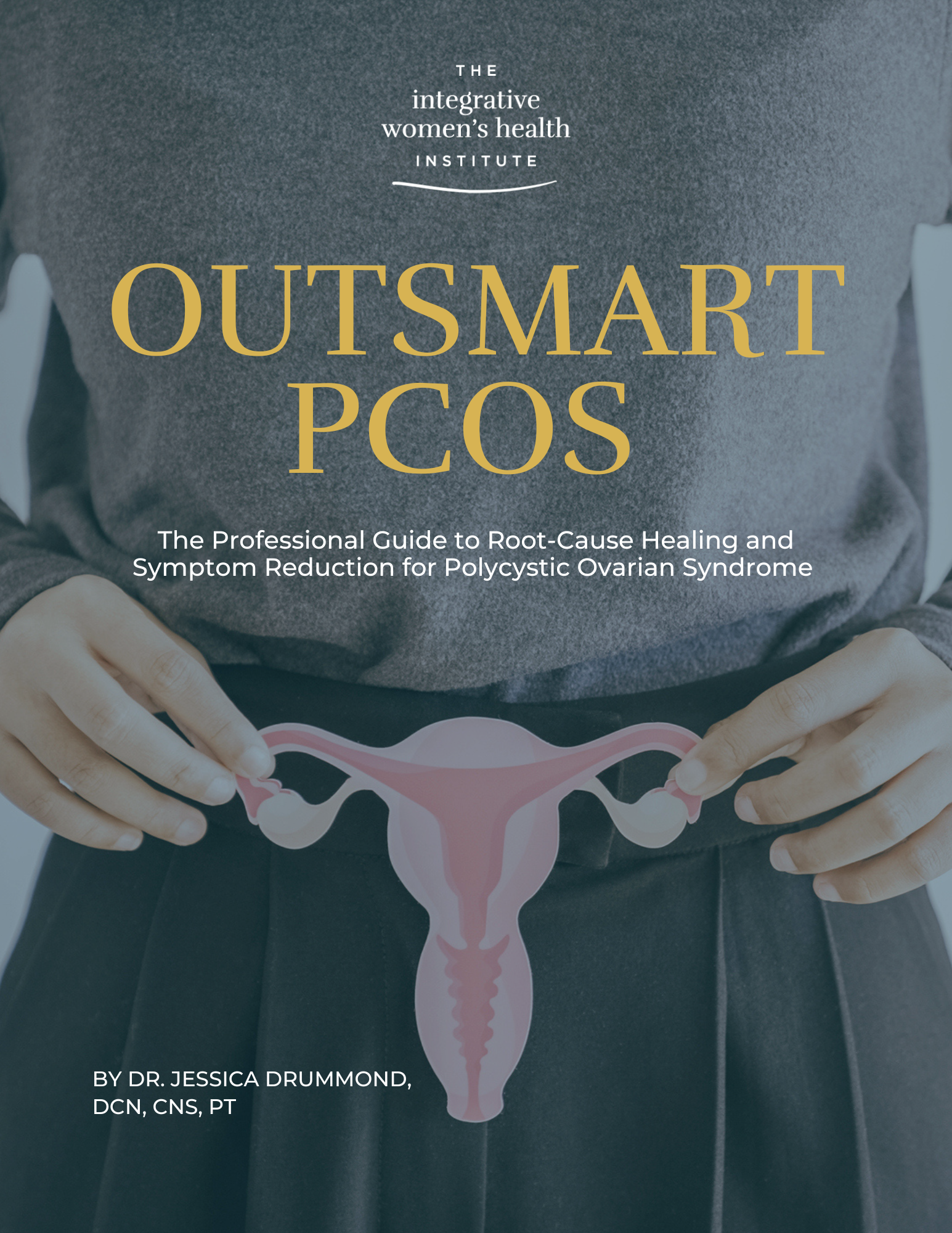
Download your free copy of the Outsmart PCOS eBook!
Strategies to Balance Your Hormones for Optimal Health and Weight Management
References:
Benelli, E., Del Ghianda, S., Di Cosmo, C., & Tonacchera, M. (2016). A Combined Therapy with Myo-Inositol and D-Chiro-Inositol Improves Endocrine Parameters and Insulin Resistance in PCOS Young Overweight Women. International Journal of Endocrinology, 2016, 3204083. http://doi.org/10.1155/2016/3204083
Ding, T., Hardiman, P. J., Petersen, I., Wang, F.-F., Qu, F., & Baio, G. (2017). The prevalence of polycystic ovary syndrome in reproductive-aged women of different ethnicity: a systematic review and meta-analysis. Oncotarget, 8(56), 96351–96358. http://doi.org/10.18632/oncotarget.19180
Hajimonfarednejad M, Nimrouzi M, Heydari M, Zarshenas MM, Raee MJ, & Jahromi BN (2018) Insulin resistance improvement by cinnamon powder in polycystic ovary syndrome: A randomized double-blind placebo-controlled clinical trial. Phytother Res, 32(2):276-283. doi: 10.1002/ptr.5970.
Revolutionize Your Career:
Become a Board-Certified Women’s Health Coach
In this NBWHC accredited health coach training program, learn the foundations of health coaching, functional nutrition, and integrative health strategies specifically designed for women.
Plus, an entire component is dedicated to business training to teach the best strategies to build a thriving health coaching practice.

Founder & CEO
Dr. Jessica Drummond,
DCN, CNS, PT, NBC-HWC
Dr. Jessica Drummond, DCN, CNS, PT, NBC-HWC, is the founder and CEO of The Integrative Women’s Health Institute, The Outsmart Endo Health Coaching Program, and the creator of the Women's Health Coach Certification.
She is passionate about caring for and empowering people who struggle with women’s and pelvic health concerns. She is equally passionate about educating and supporting clinicians and wellness professionals in confidently and safely using integrative tools to transform women’s and pelvic healthcare.
Dr. Drummond has two decades of clinical experience as a licensed physical therapist, licensed clinical nutritionist, and board certified health coach working with women with pelvic pain, including endometriosis, vulvodynia, and bladder pain syndrome. She brings a unique, conservative, and integrative approach to supporting women to overcome hormonal imbalances, and chronic pain conditions.
She is a sought after international speaker on topics such as integrative pelvic pain management, natural fertility options, optimal hormone health, menopause, and female athlete nutrition. Dr. Drummond was educated at the University of Virginia, Emory University, Duke Integrative Medicine, and Maryland University of Integrative Health.
Read Related Posts from The Integrative Women's Health Institute Blog:
Download The WHC Program Guide!
Enter your information to download your copy The Women’s Health Coach Certification Program guide.
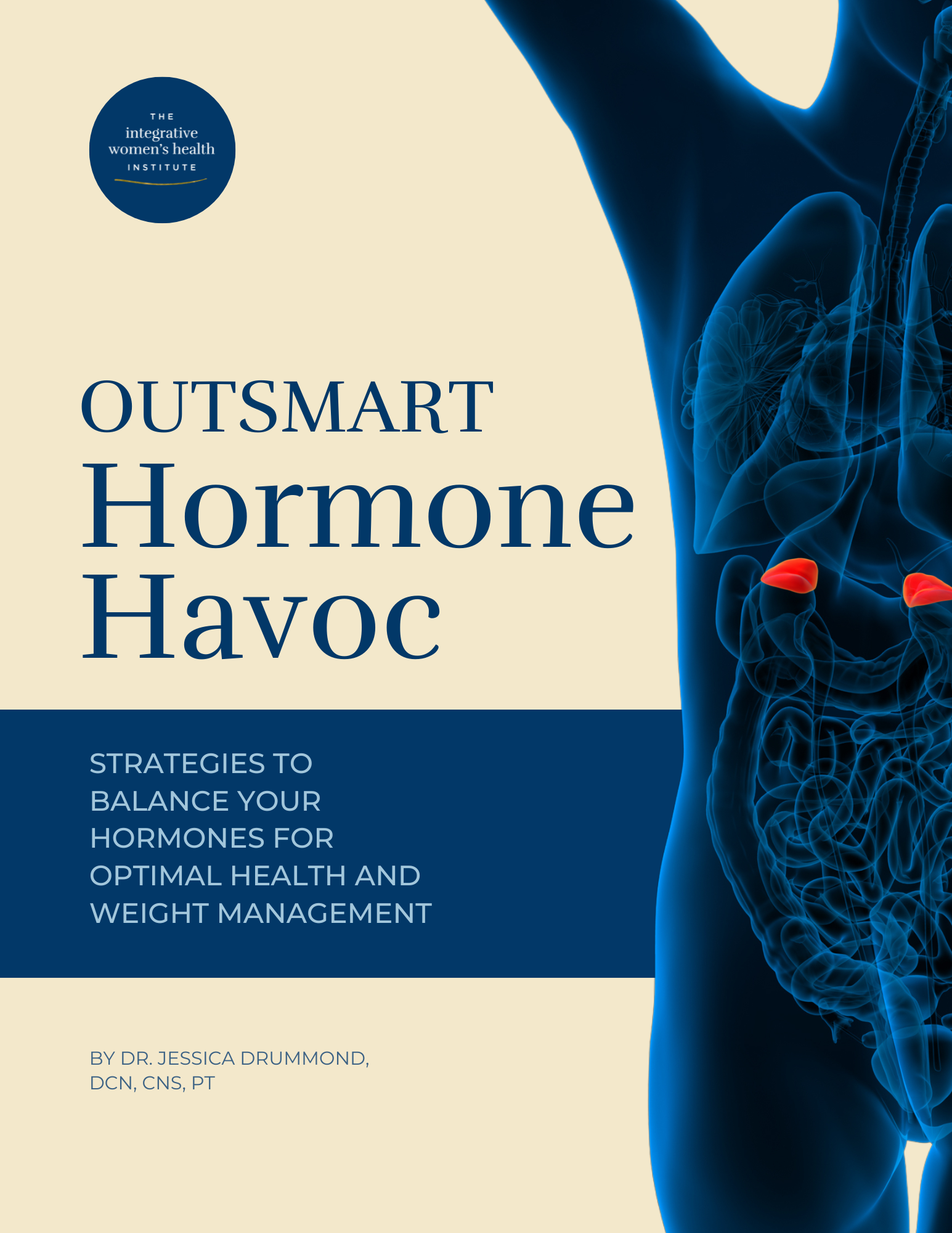
Download your free copy of the Outsmart Hormone Havoc eBook!
Strategies to Balance Your Hormones for Optimal Health and Weight Management

Download your free copy of the Outsmart PCOS eBook!

